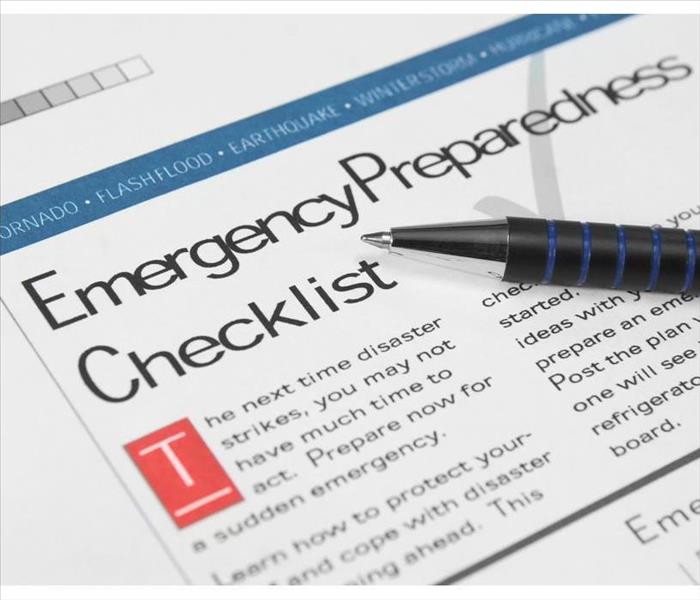Safeguarding Your Business: Preparing for Hurricane Season
10/17/2018 (Permalink)
Many business owners wonder about how to prepare their business for the storm season, especially when they are in areas where hurricane damage is a possibility. The steps below will help you establish a plan for safeguarding your company and property.
1. Safeguard Your Building
When high winds threaten to damage your business, there are precautions you can take to protect your building. Before storm season, you can invest in storm shutters to protect against flying debris. Additionally, if a hurricane is approaching, you can anchor large furniture, elevate fragile equipment, and even place sandbags around the property to prevent flooding.
2. Safeguard Your Documents
Hurricane damage is a threat to more than the physical environment. As a business owner, you may want to create backups for essential documents and compile a list of emergency contacts in case operations need to shut down. Additionally, you may want to invest in waterproof containers for any paper files or store hard copies and backups in an off-site locale.
3. Safeguard Your Sanity
Storm season can often be a high-stress time of year for any business owner, so to protect your sanity and ensure continuity of operations, you may want to create a preparedness checklist. A checklist will ensure that employees know what to do in case of an emergency. Also, a checklist should have a list of contacts and procedural notes to ensure that vital operations are maintained during business interruptions.
4. Safeguard Your Future Operations
Besides creating a plan for employees and managers, you may want to contact an emergency preparedness company in Park Slope, NY, to help you come up with a plan for cleanup and restoration. Some companies will develop emergency action plans specific to your company, and they will act on those plans immediately following a disaster.
Hurricane damage, water damage, and property damage are all possibilities during storm season, but with the right tools and preparation, you can safeguard your business. By installing preventative tools, creating a preparedness checklist, and even creating plans for the worst-case scenario, you can help secure the continued operations of your company no matter the season.






 24/7 Emergency Service
24/7 Emergency Service